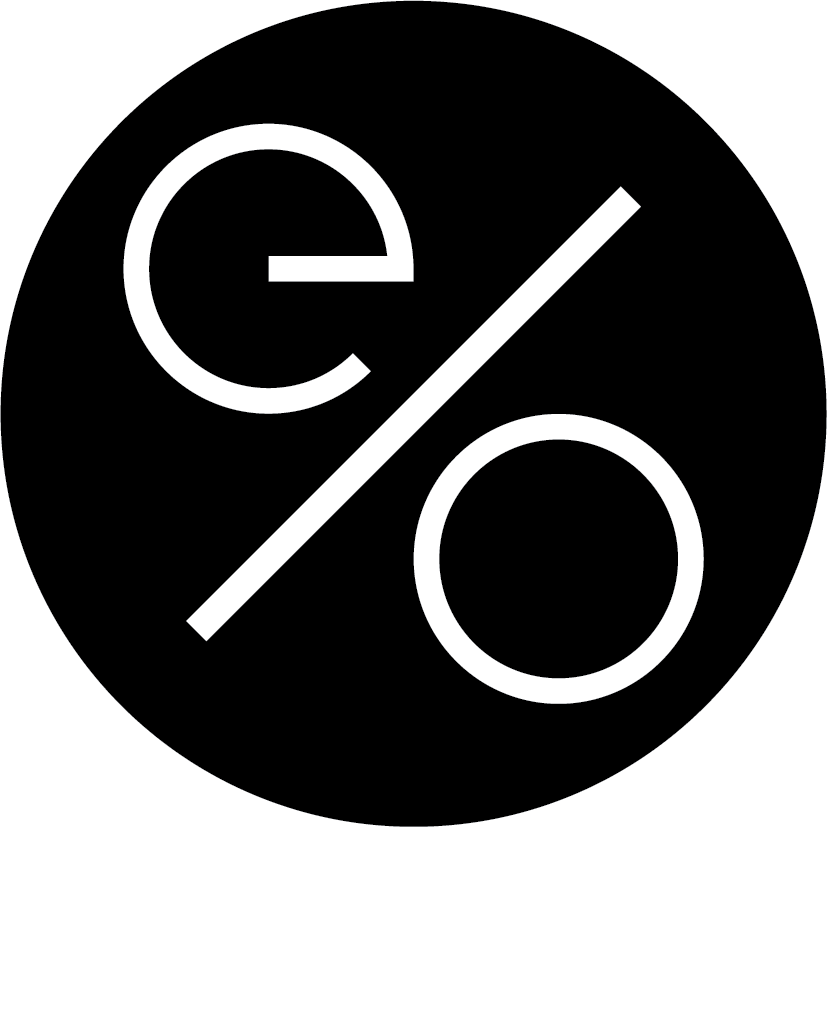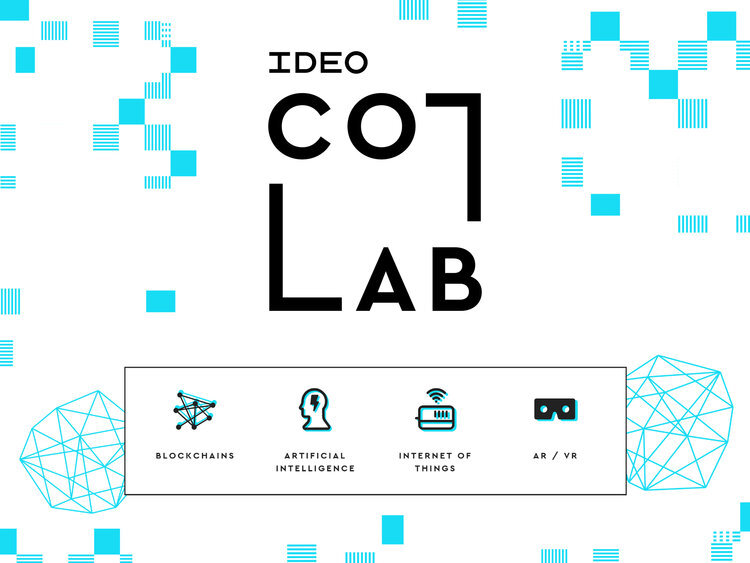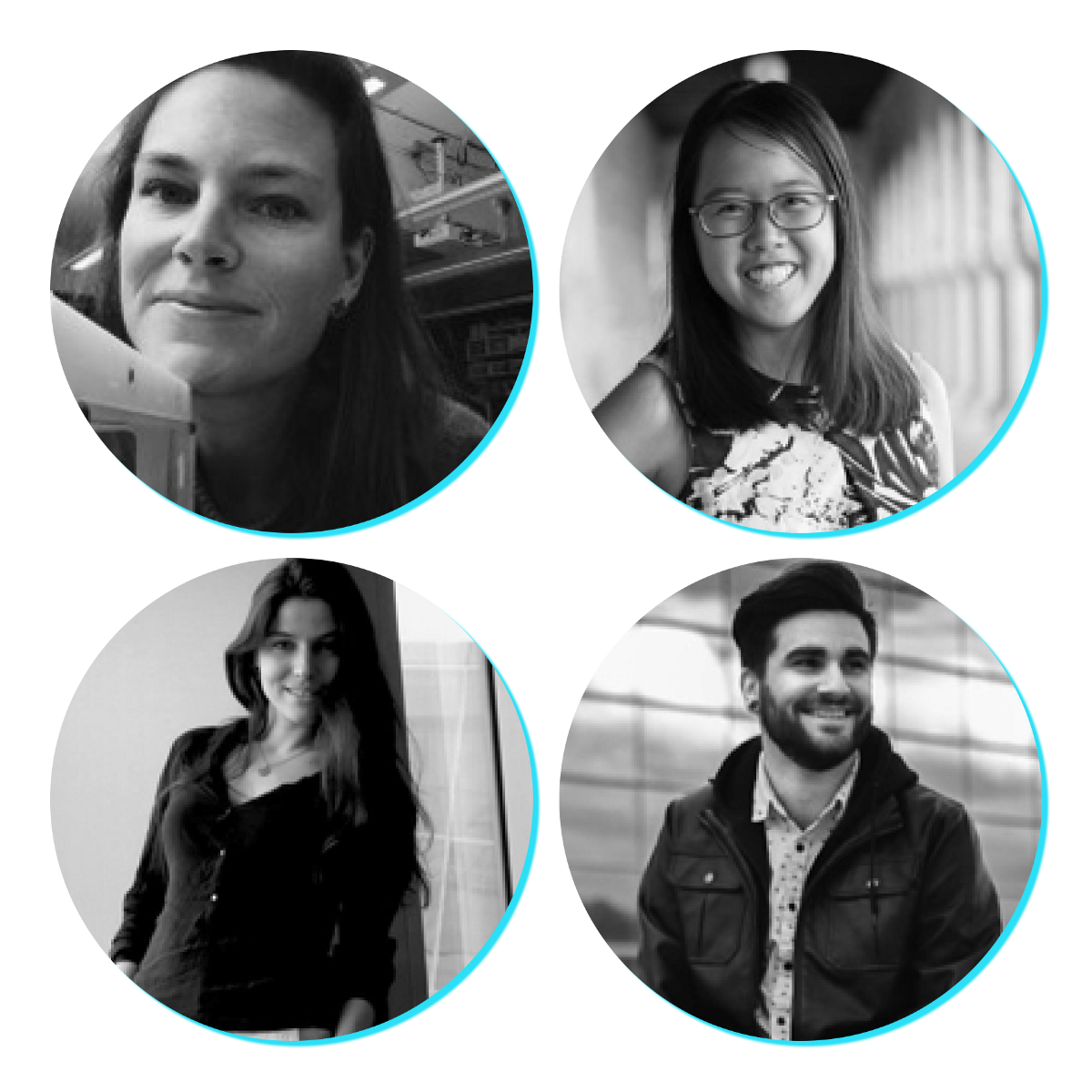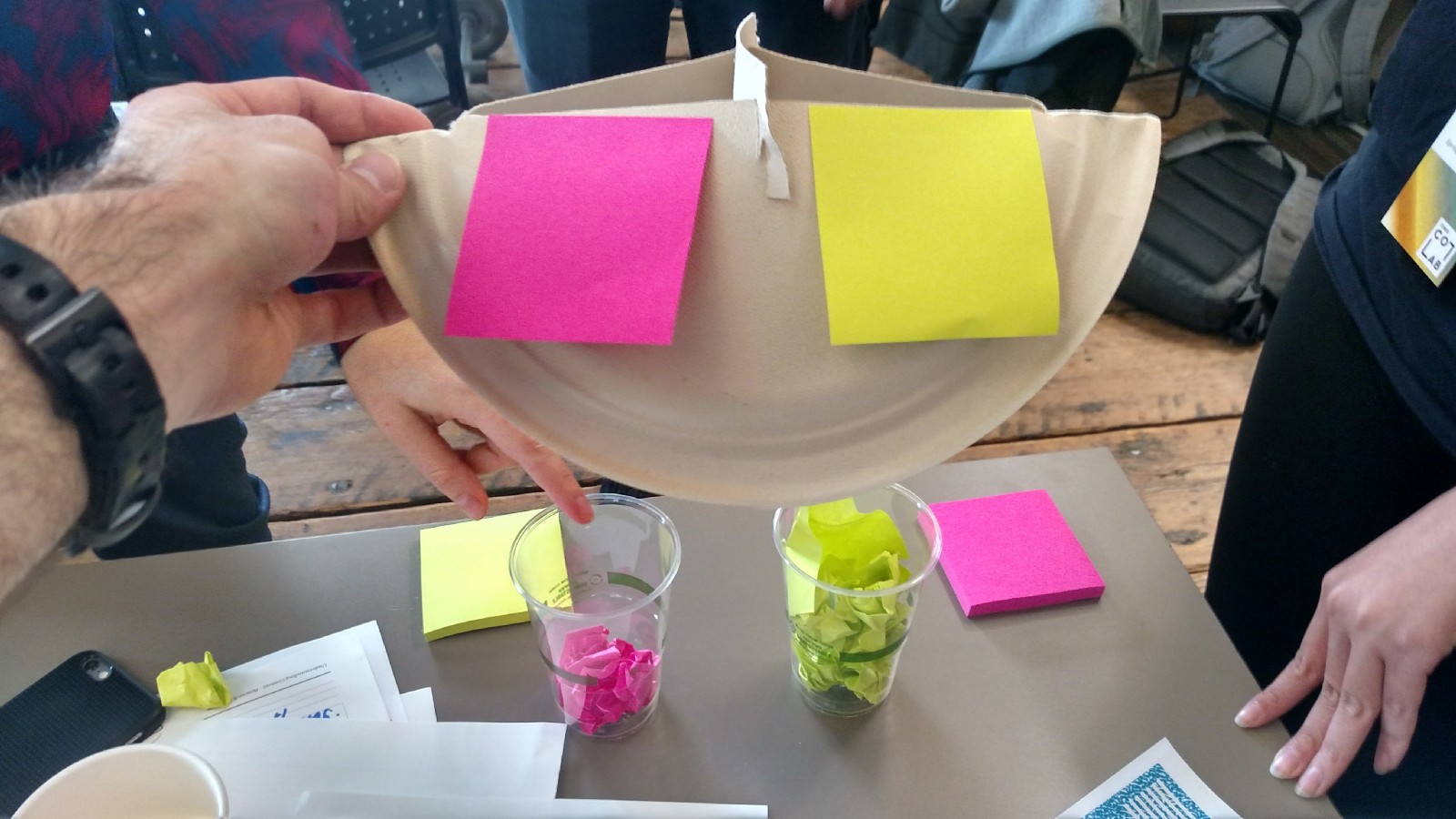Role: Product Designer
Company: IDEO
Event: IDEO Co-Lab Makeathon
lorem ipsum lorem ipsum lorem ipsum lorem ipsum lorem ipsum lorem ipsum lorem ipsum lorem ipsum
The project led to an invitation to join the IDEO Co-Lab for a 3-month Fellowship opportunity in San Francisco, CA where I worked to build Blokmotiv.
March 2017
ideo Co-Lab, 1-Day makeathon
After graduating from the University of Oregon, I was accepted into the Spring 2017 IDEO CoLab Makeathon in San Francisco, CA. 100 applicants were invited to the SF and Boston offices to participate in a 1-day design sprint designed as a working interview for their Summer Fellowship program. Our challenge: tackle issues surrounding appropriate applications of emerging technology using IDEO’s human centered design process.
Caroline Crandall
Interaction Designer
Gloria Chua
Product & HCI Designer
Olga Kalak
Business Consultant
Ethan Ouimet
Product & Multimedia Designer
My teammates and I were assigned to work with blockchain technology and IOT devices. After discussing our prompt and generating a ton of concepts, we eventually chose to ask ourselves:
“How might we use blockchain technology to make the democratic voting process both transparent and secure?”
Our process began around a simple and fast prototype, which aimed to see how users felt about receiving feedback loops after casting their vote. We gained a lot of valuable insight from this simple and rough concept, which informed our next steps.
We did additional research, consulted with an expert, and revisited the drawing board multiple times. Each member of my team brought their best ideas to the table and, true to IDEO methods, we supported and built upon each one. In the end, we all agreed on one final direction for our project and prototype. With 3 hours to go, we got started.
Wireframing interface and flow
We began prototyping our digital interface, continuously exploring options to reinforce human factors in our design. Aided by precedents set by existing blockchain applications, we were able to further refine our flow and back-end methodologies at the same time.
Our 6-hour project culminated in an experience and interaction installation prototype which demonstrated a new system for secure and transparent democratic voting.
Anonymous voter IDs are stored in one Merkle tree, while their unlinked votes are stored in another. Each immutable event is continually rehashed with other events in the tree until a final root hash is produced. Using this final hash and their vote confirmation code, voters can visit votecheck.org to later verify that their vote was is included in the pool. We believe that the ability to confirm that one’s vote was indeed counted will increase voter efficacy and turnout. This system also allows governments to compare the total number of unique IDs to total number of votes cast, in order to verify that a 1:1 ratio exists. Since blockchain events are impossible to change once they are created, all stakeholders in this process can be sure that this permanent public ledger is accurate and secure.
Our project addresses some large issues within the democratic voting process, but it certainly doesn’t answer them all. Pain points within the voter registration process, verification of eligibility, and many more areas in our mind map still present additional challenges, but we are extremely excited about the potential solutions that can be created by using blockchain technology.
A huge thank you Dan Elitzer for his expertise and support on this topic
and Brett Killoran for his enthusiastic help and encouragement.
To learn more about IDEO and the IDEO CoLab, please visit: http://www.ideocolab.com/







